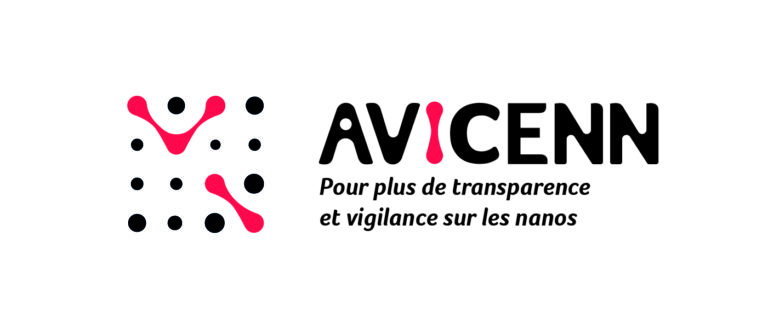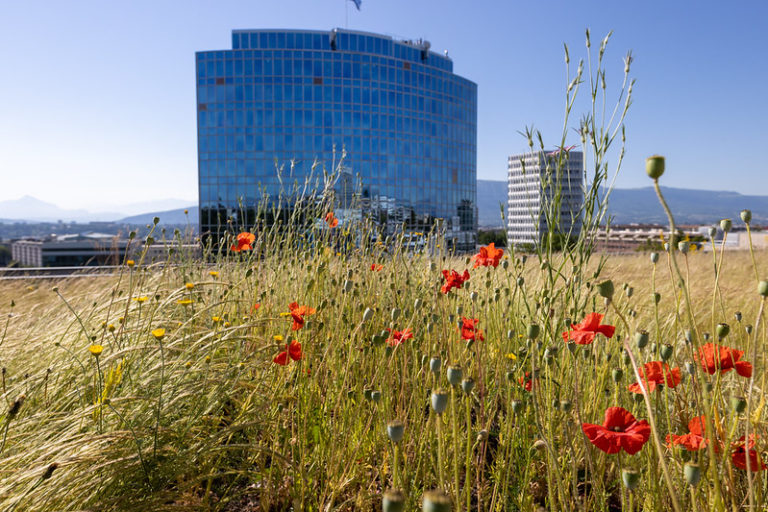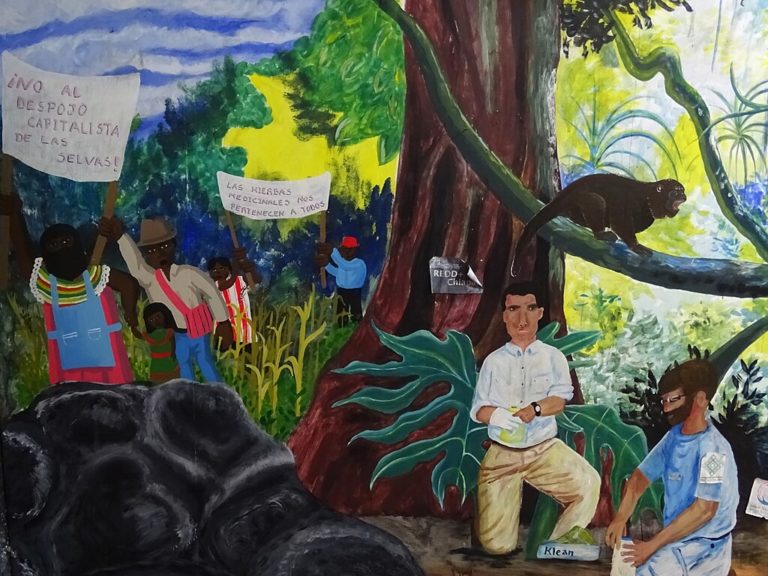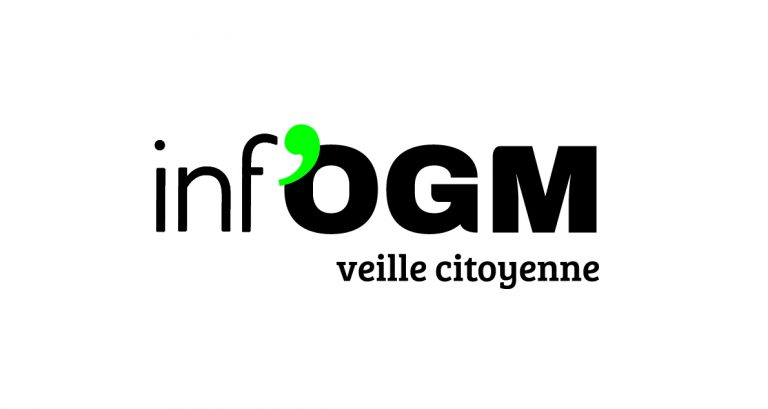Actualités
Europe : « Farm to fork » Strategy, when political marketing out-values political debate
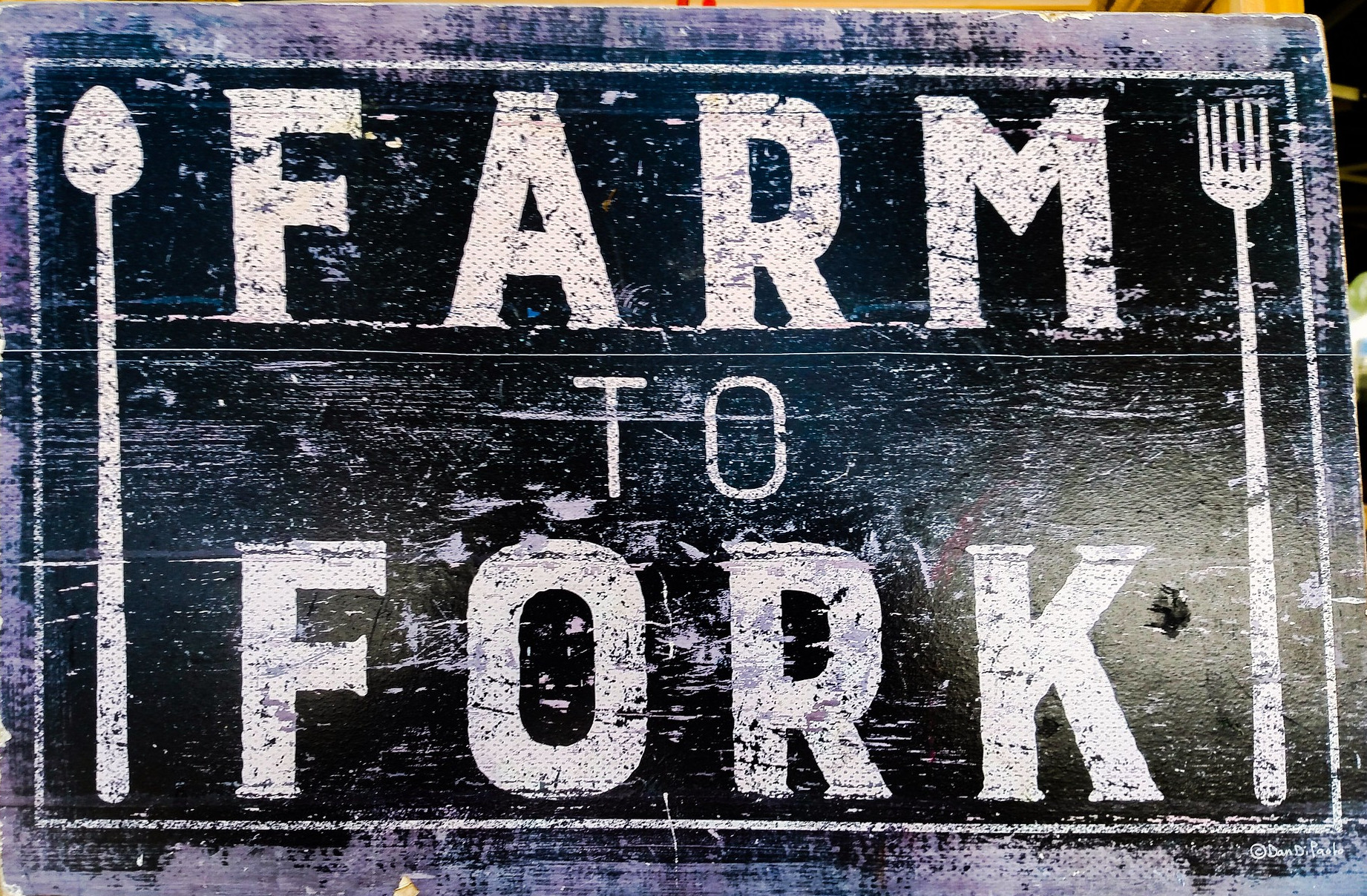
The wide promotion of the “Farm to Fork” strategy by the European Commission, before international bodies and third countries, maintains a vagueness as to the state of implementation of this strategy and above all, suggests that it is binding on the Member States. Nevertheless, the European Commission is using it as a political argument to defend its desire to revise the GMO regulations.
Who hasn’t heard of the « Farm to Fork » strategy? Launched by the European Commission in 2020 and already mentioned in Ursula von der Leyens’ political programme for the European Commission presidency [1], this strategy aims to respond, on the agriculture and food aspects, to the challenges set by the European Green Deal [2] [3]: climate change, biodiversity loss, world population growth, etc. The starting point for the « Farm to fork » strategy is the idea that agricultural and food systems are one of the key drivers of climate change and environmental degradation. To address these issues, a transition towards « sustainable agricultural and food systems » is necessary, by reducing dependence on pesticides and fertilizers, increasing organic farming, funding research and innovation…
A European Commission strategy, not a European Union one
It is striking to note that this strategy of the European Commission is often presented as a strategy of the European Union. However, neither the European Parliament nor the Council were involved in its elaboration. And for good reason : from a legal point of view, the strategy is a European Commission « communication » (as is the European Green Deal) [4]. This type of act is not legally binding. It is used to indicate the European Commissions’ political views and intentions on a given subject within its area of competence in the years to come.
The European Parliament and the Council have both adopted a position on this strategy, with points of agreement and disagreement [5]. But the two institutions will only be effectively involved through the various legislative proposals the Commission will submit in order to gradually implement the strategy, by 2024. The fact remains that, given these circumstances, it is not easy to grasp precisely the place this strategy is expected to take in the various European policies. Especially since this wide promotion of the “Farm to Fork” strategy, for nearly two years, suggests that it is already implemented and that it is legally binding.
A widely promoted global and pro bio-tech strategy…
Since it was launched, the « Farm to fork » strategy has been widely promoted by the European Commission, with various Directorates-General concerned with its implementation (Agriculture and Rural Development, Environment, Research and Innovation, Health and Food Safety, International Cooperation and Development, etc.).
The strategy even has its own website [6] and two conferences with European stakeholders were held on the subject. The strategy is of course presented to the other EU institutions, to the EU Member States, but also to private actors such as the Federation of Veterinarians and, at the international level (third countries or international organizations [7]) (see box below).
As early as September 2020, the European Commission organized an online informative session on the « Farm to Fork » strategy for the Embassies and Missions of about 50 third countries. The strategy is also promoted in the context of the International Union for Conservation of Nature (IUCN). For example, one of the forewords to a paper published in 2020 by the organization and dedicated to sustainable agriculture is written by the EU Commissioner for Agriculture. A large part of his foreword deals with the « Farm to fork » strategy and the Commissioner highlights that « research and innovation, advisory services, investments, digitalisation and new technologies will be among the key enablers driving the transition » [8]. More recently, the European Commission presented its strategy at a seminar organized by the International Union for the Protection of New Varieties of Plants (UPOV) [9] [10]. During this seminar, the European Commission said that « farmers need to have access to a range of quality seeds » and that « the potential of new genomic techniques is addressed among many other issues » in the « Farm to fork » strategy.
New techniques of genetic modification high on the agenda
In this strategy, new techniques of genetic modification are clearly considered by the Commission as one of the means to help achieve the desired transition.
In its public statements and publications, the European Commission uses this strategy to defend the political argument in favour of a revision of the GMO regulatory framework, including vis-à-vis third countries. On 30 June 2021, the European Commission again organized an online informative session for Embassies and Missions of third countries as part of the “Farm to Fork” strategy. In its presentation, the European Commission affirmed that « GMO legislation needs adaptation to scientific and technological progress to be suited to certain NGTs and their products » and that «NGTs can contribute to the Green Deal and Farm to Fork objectives of innovation and sustainability of the food systems, and to a more competitive economy ».
Another striking example is the web page dedicated to the recently held public feedback phase on the Commissions’ proposal for a legislation for plants produced by certain new genomic techniques [11]. On this web page, one can read that the proposal aims, inter alia, to « contribute to the goals of the European Green Deal and the ‘Farm to Fork’ strategy ».
Last but not least, in its study on the status of new genomic techniques [12], the Commission explains that new techniques of genetic modification can produce plants that contribute to the « Farm to fork » strategy goals (resistance to diseases and environmental conditions, reduced use of agricultural inputs…). It concludes that « a purely safety-based risk assessment may not be enough to promote sustainability and contribute to the objectives of the European Green Deal and in particular the ‘farm to fork’ and biodiversity strategies; benefits contributing to sustainability would also need to be evaluated, so an appropriate mechanism to accompany risk assessment may be required »…
This statement seems to echo one of the legislative proposals planned by the European Commission to implement its « Farm to fork » strategy : the proposal for a legislative framework for sustainable food systems. From the study on the status of new genomic techniques we learn that this framework will also apply to new GMOs since it will apply to all products linked to the food system, including products resulting from new techniques of genetic modification.
Interviewed by Inf’OGM, the European Commission affirms that the proposal for a legislative framework for sustainable food systems is planned for 2024 and that it is distinct from the legislative proposal on plants produced by certain new genomic techniques which is planned for 2023. The European Commission further declares it is too early to indicate what the “possible” link between the two legislative frameworks will be. It adds that « NGT (new genomic techniques) are a separate entity that could, however, in their application, contribute to sustainability ».
The « Farm to fork » strategy is certainly not the only non-binding strategy of the European Commission nor is it the only one to be the subject of a promotion that recalls marketing methods [13]. But when it comes to new techniques of genetic modification, whose legal status has been the subject of legal proceedings since 2016 [14], the promotion of this non-binding strategy is particularly questionable. Although the Commission points out that its strategy is not binding and must be widely discussed, its presentation in international bodies and before third countries maintains a lack of clarity as to the state of implementation of the strategy. The wide promotion of the « Farm to fork » strategy thus seems to serve as a self-fulfilling prophecy…
Trade partners not too keen on the « Farm to fork » strategy
The implementation of the « Farm to Fork » strategy could result in the addition of sustainability chapters in the European Union’s international trade agreements, as well as trade barriers and import restrictions. These latter aspects are of concern to the European Union’s main trading partners, including the United States. When it was launched in 2020, the strategy was considered as protectionism in disguise by the Trump administration’s Secretary of Agriculture, Sonny Perdue [15]. While concerns about the effects of this strategy on international trade have not disappeared with the Biden administration, the European Union and the United States now want to show stronger collaboration on agricultural issues with the creation of an Administrative Arrangement for an EU/US dialogue on agriculture [16]. More broadly, given the trade restrictions it may entail, the implementation of the strategy is the subject of multilateral discussions in the World Trade Organization (WTO), notably in the Committee on Sanitary and Phytosanitary Measures.
[1] Ursula von der Leyen, POLITICAL GUIDELINES FOR THE NEXT EUROPEAN COMMISSION 2019-2024. https://www.europarl.europa.eu/resources/library/media/20190716RES57231/20190716RES57231.pdf
[3] The EU’s Biodiversity strategy for 2030 is also part of the European Green Deal “package”.
[4] Communication from the Commission to the European Parliament, the Council, the European Economic and Social Committee and the Committee of the Regions, Farm to Fork Strategy for a fair, healthy and environmentally-friendly food system, 20.5.2020, COM/2020/381 final. https://eur-lex.europa.eu/legal-content/EN/TXT/?uri=CELEX%3A52020DC0381&qid=1639043386945
[7] World Trade Organisation, United Nations Organisation, International Union for the Protection of New Varieties of Plants, International Union for Conservation of Nature…
[8] Oberč, B.P. & Arroyo Schnell, A. (2020), Approaches to sustainable agriculture. Exploring the pathways towards the future of farming, Brussels, Belgium : IUCN EURO. https://portals.iucn.org/library/sites/library/files/documents/2020-017-En.pdf
[9] UPOV, Seminar on strategies that address policies involving plant breeding and plant variety protection, October 20, 2021. UPOV is an international organization established by the International Convention for the Protection of New Varieties of Plants. The convention creates a sui generis form of intellectual property protection on plant varieties.
[11] https://ec.europa.eu/info/law/better-regulation/have-your-say/initiatives/13119-Legislation-for-plants-produced-by-certain-new-genomic-techniques_en
[12] Commission staff working document, Study on the status of new genomic techniques under Union law and in light of the Court of Justice ruling in Case C-528/16, 29.04.2021, SWD 2019 (92). https://ec.europa.eu/food/system/files/2021-04/gmo_mod-bio_ngt_eu-study.pdf
[13] For example the European industrial strategy or the Digital Agenda for Europe.
[15] Euractiv, US dubs EU’s ‘farm to fork’ agriculture plans ‘protectionist’, October 2020. https://www.euractiv.com/section/agriculture-food/news/us-dubs-eus-farm-to-fork-agriculture-plans-protectionist/
[16] European Commission, Speech following the announcement of an Administrative Arrangement for an EU/US dialogue on agriculture, with Mr Thomas Vilsack, US Secretary for Agriculture, November, 3 2021. https://ec.europa.eu/commission/presscorner/detail/en/SPEECH_21_5781









